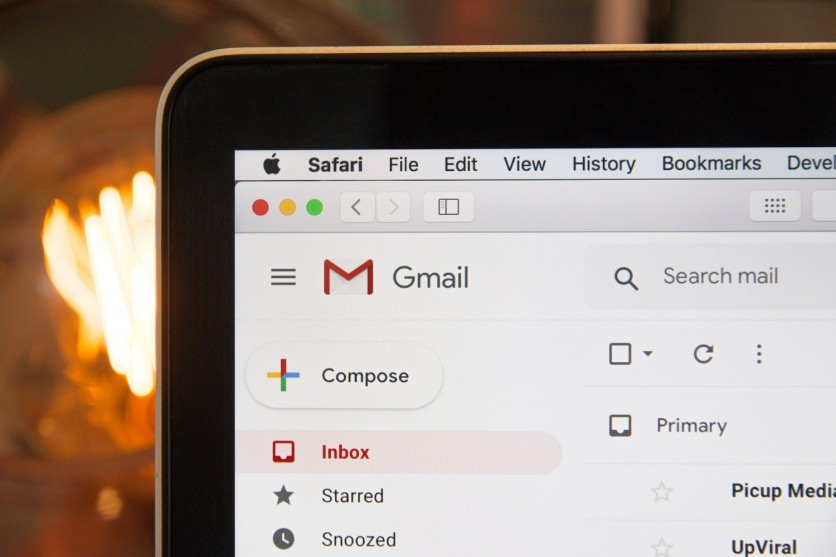
Google is taking a stand against unwanted emails and spam by introducing a wave of changes that will significantly impact bulk senders. These changes aim to ensure a cleaner, more secure, and efficient email ecosystem.
Starting next year, Google's new policies will set a higher bar for bulk senders, including stricter email authentication, simpler unsubscribe processes, and keeping spam rates in check.
Making Gmail Spam-Free
According to CNBC, Google is targeting bulk senders who are often flooding messages on Gmail.
Bulk senders are essentially those who dispatch over 5,000 messages daily to Gmail addresses. This broad category encompasses various entities, from large corporations and tech giants to emerging startups and B2C companies reliant on email marketing.
To boost email security, Gmail initially mandated emails sent to Gmail addresses to undergo authentication. This step was crucial to weed out imposters lurking within bulk emails.
Though it resulted in a 75% drop in unauthenticated messages, Google's new decree goes a step further. By February 2024, bulk senders must strictly authenticate their emails using industry best practices.
"These changes are like a tune-up for the email world, and by fixing a few things under the hood, we can keep email running smoothly," Google product manager Neil Kumaran wrote in a blog post.
He likened the new strategy to a tune-up which is not considered as a one-time exercise. For Kumaran, the goal of the company is to make Gmail more user-friendly and spam-free to the entire email community.
One-Click Unsubscribe Option For Bulk Emailers
Bulk senders will need to offer users an effortless, one-click unsubscribe option. This move is designed to enhance user experience and respect their preferences. Additionally, the new policy stipulates that unsubscribe requests must be processed within two days.
Furthermore, Google will now require bulk senders to maintain a clear spam rate threshold, per TechCrunch.
If a sender's emails are frequently marked as spam by users, the sender risks losing access to inboxes. This step not only holds senders accountable for email quality but also urges users to have clean inboxes.
Google is not acting in isolation; it's collaborating with industry partners to implement these policies across the board. Yahoo, a prominent player in the tech industry, has already thrown its weight behind these transformative measures.
While these changes may pose initial challenges for bulk senders, they signal a positive shift towards more transparent, user-centric email practices. Google's proactive stance against spam and unwanted emails promises to enhance the email experience for all Gmail users.
This mid-year, Google also gave gmail users some tips on how to prevent getting scammed by "bank-raiding" hackers.
The search engine giant urged the users to be vigilant in clicking links that are too good to be true since they most likely will steal your bank information even if you don't enter them.





